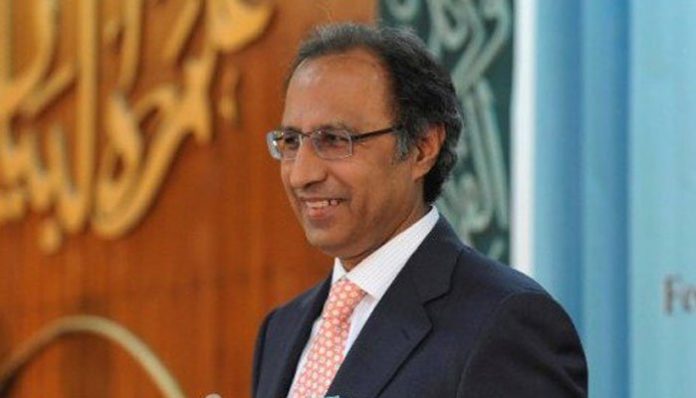ISLAMABAD: Adviser to Prime Minister on Finance, Revenue and Economic Affairs, Dr Abdul Hafeez Shaikh on Tuesday chaired the second meeting of Steering Committee on National Single Window (NSW) to review the implementation of the trade-related system in Pakistan.
During the meeting Member Customs (Operations) gave a presentation to the Committee highlighting the concepts and benefits of the NSW system.
He informed that the implementation of the system would help promote cross border trade as well as improving the ease of doing business in the country.
He apprised that the establishment of the NSW system was a basic requirement under the World Trade Organisation (WTO) Trade Facilitation Agreement since Pakistan is a signatory to the said Agreement.
He further went on to say that the Federal Board of Revenue (FBR) was actively working on early implementation of NSW system which would play an instrumental role in promoting cross border trade.
The adviser directed FBR to simplify the existing laws and regulations to help promote trade with neighbouring countries.
He asked FBR to carry out further consultation on the business plan for the establishment of NSW, with a view to having a broad-based consensus, before its formal approval.
It may be recalled that the former prime minister had designated Pakistan Customs as a lead agency, since October 2017, to implement NSW. Meanwhile back in December last year the government green-signaled Pakistan Customs to deploy and implement digital central trade hub, known as ‘National Single Window’, for clearance of cross-border consignments – a project estimated to cost $163 million.
It is pertinent to mention that Pakistan, under WTO Trade Facilitation Agreement is required to establish NSW by 2022 in an attempt to promote trade and transparency within the region.




